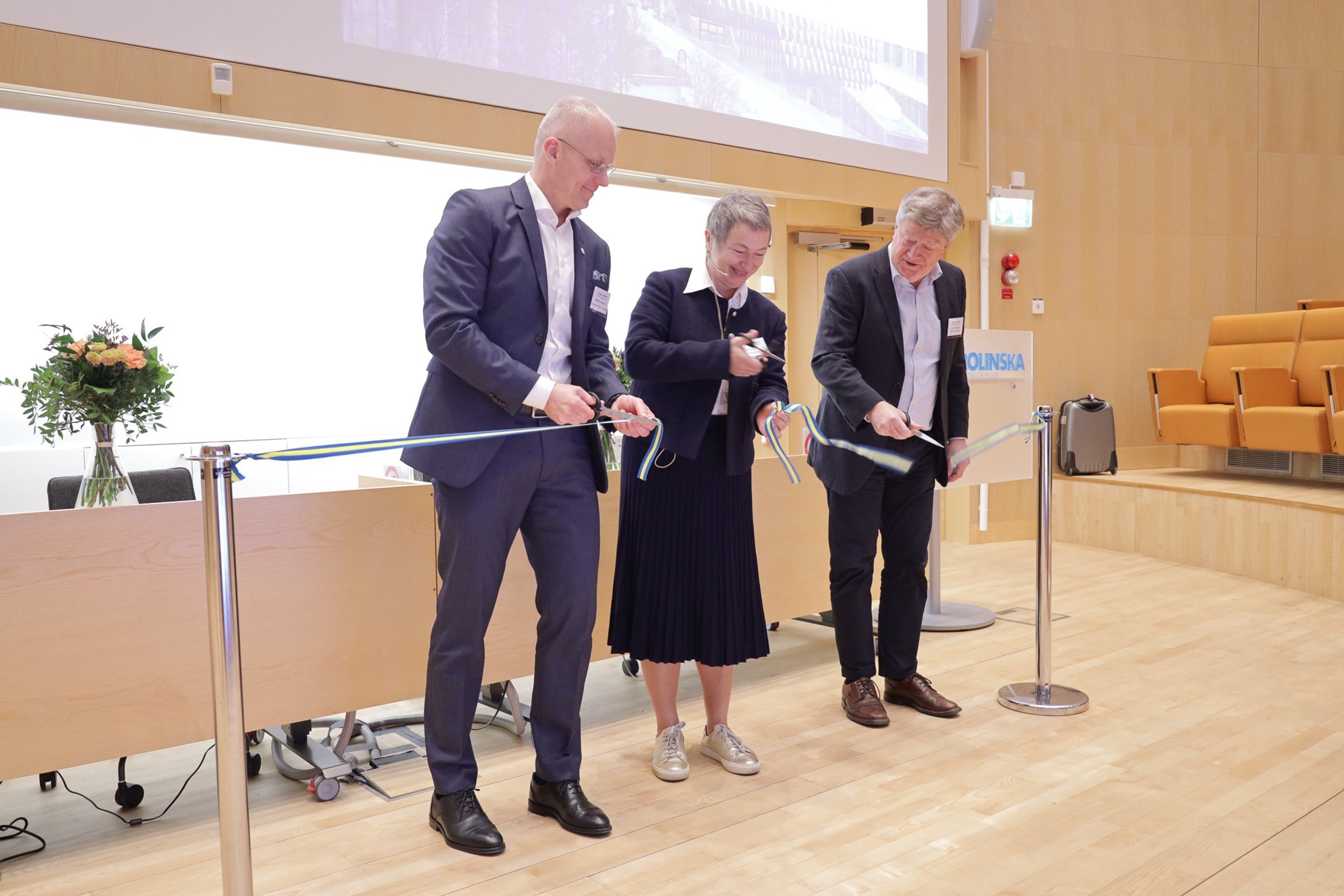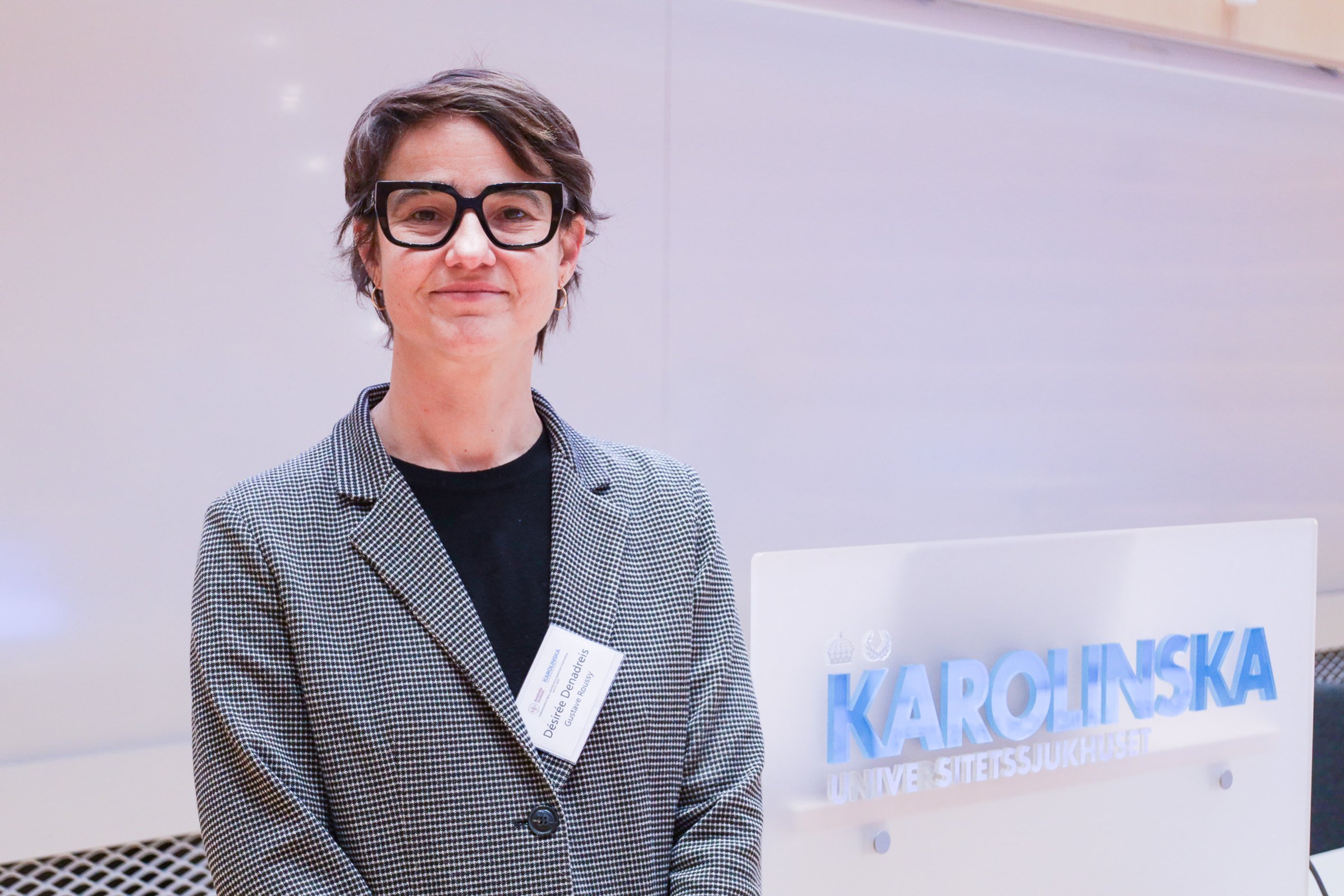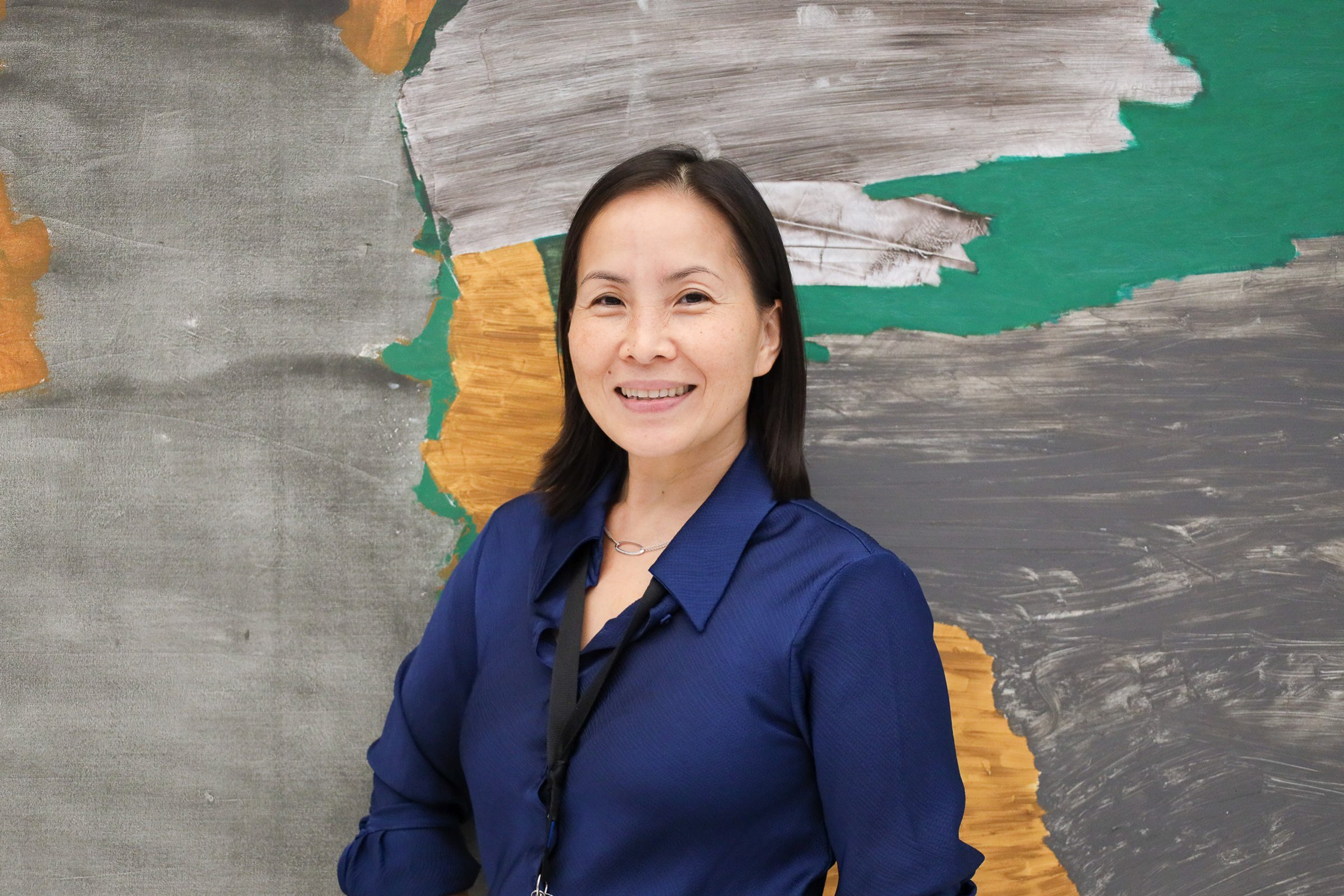Theranostic Trial Center symposium highlights multidisciplinary collaboration and innovation in radionuclide therapy

The Theranostic Trial Center was established in 2024 to bring together expertise in nuclear medicine, oncology, and radiopharmacy to advance research in theranostics and radionuclide therapy. The concept of theranostics refers to a combination of imaging and treatment using radioactive isotopes attached to targeted drugs. This approach requires broad multidisciplinary collaboration—something clearly reflected in the symposium’s 250 attendees.
– Theranostics demands many different areas of expertise: radiochemists and radiopharmacists, nuclear medicine physicians and radiologists, medical physicists and oncologists. But we also need cooperation with patient organizations and the pharmaceutical industry, and it's great to see all of them represented here today,” said Professor and Senior Consultant Rimma Axelsson, Scientific Director at TTC.
The first session of the day was led by Désirée Deandreis, Head of the Nuclear Medicine Department at Gustave Roussy and Professor at the University of Turin. She agreed on the importance of close collaboration within theranostics.
– Close cooperation between disciplines is fundamental. Without one area of expertise, we no longer have a comprehensive management of the patient and treatment, said Désirée.

In her lecture, Désirée provided a clear overview of the field and a current research landscape analysis. The majority of radionuclide therapies are currently being conducted within clinical trials or as second-line treatments.
– Right now, about 600 treatments are performed at Gustave Roussy each year. However, it's difficult to estimate the number of patients treated, as each radionuclide comes with its own treatment protocol. Historically, we’ve treated rare tumors, such as neuroendocrine tumors or thyroid cancers. But now that we’re beginning to treat more common cancers, such as prostate cancer, the number will grow rapidly in the coming years, she explained.
– The reason we started TTC was that the conditions for conducting more clinical trials in theranostics existed at Karolinska, but the involved units were scattered and working separately. Now we work together, which enables us to launch more trials and help more patients, said Thuy Tran, Associate Professor and Section Head at TTC.

Shortly after TTC was founded, the section received more good news—Vinnova had approved their grant application to build a national platform: the Theranostic Trial Alliance Sweden. In collaboration with other Swedish university hospitals, academic researchers, pharmaceutical companies, and the Life Science sector, the project aims to create an innovation environment for theranostic research.
– The demand for theranostic products is expected to grow exponentially. Through a national network, Sweden can attract more clinical trials in theranostics, and more promising radionuclide therapies can be made available to patients across the country,” said Rimma.
– Today’s symposium showed that our timing is right, and that this is a hospital-wide initiative. Together with Karolinska Institutet and our close collaboration with, among others, the Center for Clinical Cancer Studies (CKC), we are now ready to take the next step concluded Thuy.
Text: Sanne Jonsson